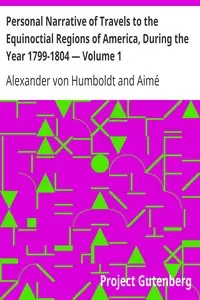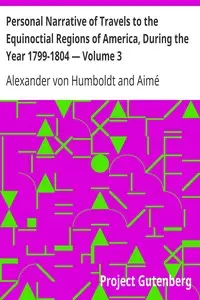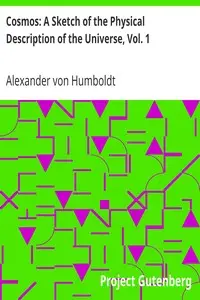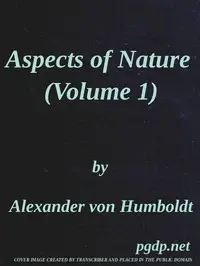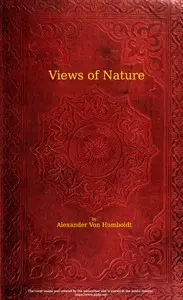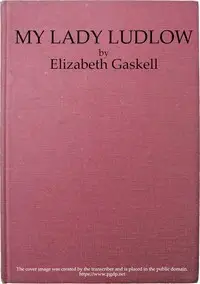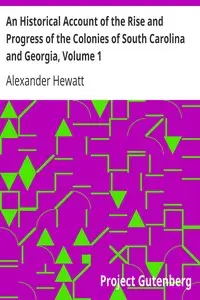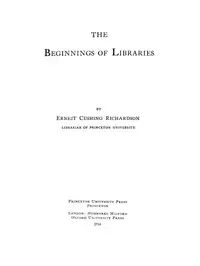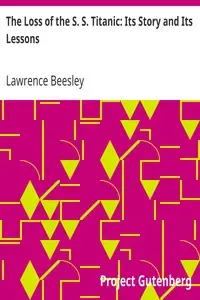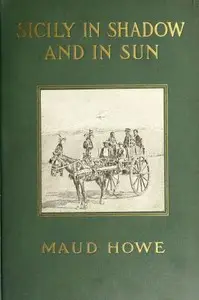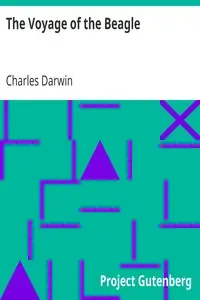"Personal Narrative of Travels to the Equinoctial Regions of America, During the Years 1799-1804" by Alexander von Humboldt and Aimé Bonpland is a scientific travelogue published in the early 19th century. This work documents Humboldt and Bonpland's extensive explorations across the equatorial regions of South America, focusing on their observations of geography, climate, biodiversity, and indigenous cultures. At the start of the narrative, Humboldt provides a comprehensive description of the geographical features surrounding Lake Valencia, including its unique ecosystem, geological formations, and the effects of evaporation on water levels. He delves into discussions on the interactions between local flora and fauna, as well as the impact of agricultural practices on the landscape. The opening portion captures the rich biodiversity and vivid landscapes of the region while posing scientific queries regarding environmental changes, such as the retreat of lakes and the flow of rivers, setting the stage for Humboldt’s observations that intertwine scientific inquiry with personal reflection and appreciation for nature. (This is an automatically generated summary.)
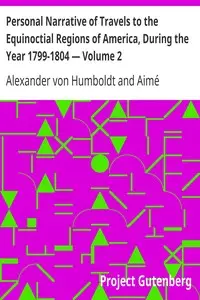
Personal Narrative of Travels to the Equinoctial Regions of America, During the Year 1799-1804 — Volume 2
By Alexander von Humboldt
"Personal Narrative of Travels to the Equinoctial Regions of America, During the Years 1799-1804" by Alexander von Humboldt and Aimé Bonpland is a sci...
Friedrich Wilhelm Heinrich Alexander von Humboldt was a German polymath, geographer, naturalist, explorer, and proponent of Romantic philosophy and science. He was the younger brother of the Prussian minister, philosopher, and linguist Wilhelm von Humboldt (1767–1835). Humboldt's quantitative work on botanical geography laid the foundation for the field of biogeography, while his advocacy of long-term systematic geophysical measurement pioneered modern geomagnetic and meteorological monitoring. Humboldt and Carl Ritter are both regarded as the founders of modern geography as they established it as an independent scientific discipline.


